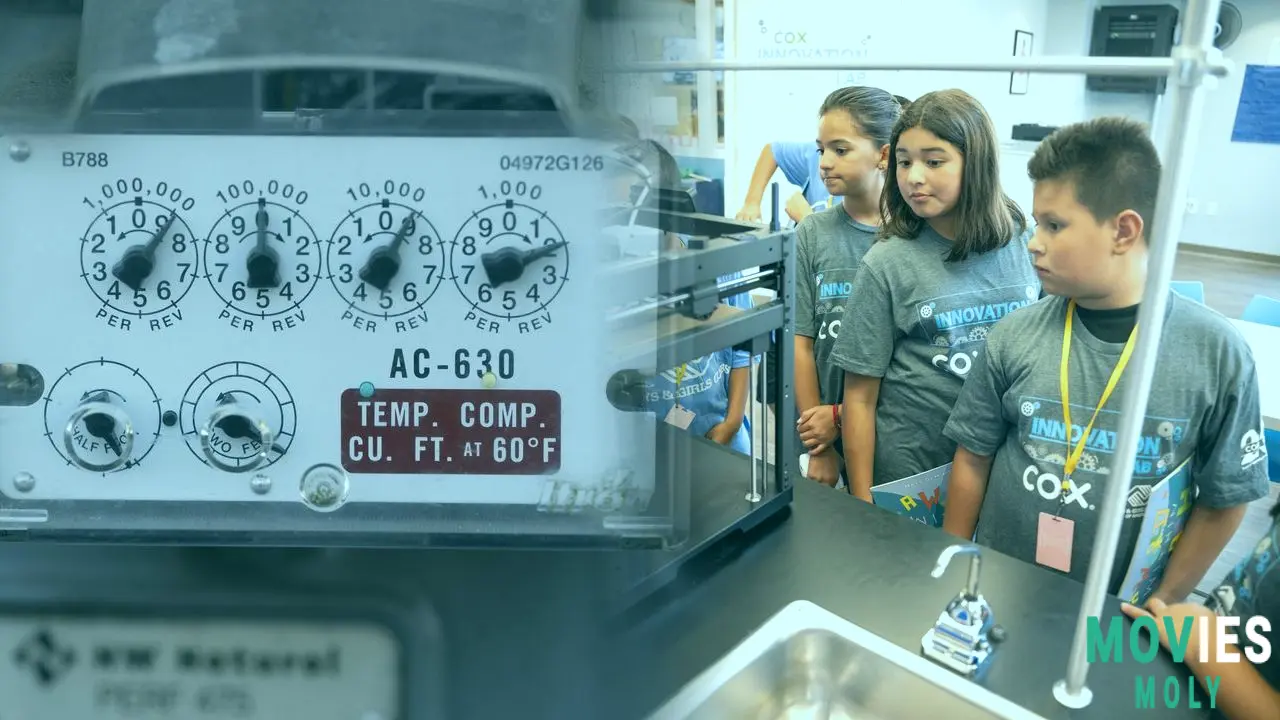Late last year, 11 Republican state attorneys general filed a lawsuit that appears to have some unexpected consequences for our energy market. It is crucial to remember that the energy business and the prices Americans pay for energy are typically in equilibrium. This case, on the other hand, seeks to upend things in an unexpected manner.
The lawsuit, led by Texas Attorney General Ken Paxton and including Mario Lopez as a significant voice, is aimed against the "Big Three" financial asset managers: BlackRock, State Street, and Vanguard. The major charge against these large corporations is that they tampered with energy markets. They purportedly accomplished this by reducing the amount of money invested in coal. According to the complaint, these financial firms reduced the value of traditional energy sources. They purchased stock and then used their influence to urge coal businesses to close or transition to "green energy" aims. This is a rather harsh claim, and it piqued my interest.
However, the actual evidence for these statements appears to be somewhat thin. According to news accounts at the time this all began, the "Big Three" firms were actually involved in environmental groups. These groups seek to collaborate with businesses from a variety of industries. They intended to reduce greenhouse gas emissions while creating long-term benefit for their investors. It sounds less like a storyline and more like a typical company plan that may have evolved over time.
Why the evidence for these serious allegations appears to be weak.Looking Closer At The Reasons Why Coal Is Declining In The Real World
Since the case was filed, these three corporations have abandoned several of the large environmental groups to which they belonged. State Street and BlackRock have pulled out of Climate Action 100+. Vanguard and BlackRock have also quit the Net Zero Asset Managers effort. These decisions attracted a lot of attention. The corporations claimed they left for a variety of reasons. However, they all stated that their primary goal is to provide the best financial returns for their clients. It makes you wonder if they were genuinely attempting to control things or simply reacting to what made sense for their business.
The lawsuit alleges that while members of these groups, the defendants intended to lower coal prices. This appears to be the pivotal issue in the entire lawsuit. To be courteous, I would say that the allegation is incorrect. In truth, coal's demise is the result of real economic and market shifts. Other energy options, such as natural gas and renewables, have become more affordable and efficient. They have gradually and methodically taken over. This has been happening for years. This is hardly a sudden drop. This is a long-term trend.
The price of coal has risen several times over the last 25 years. It remains higher than it was in the previous 25 years. However, coal production has been declining steadily. This collection of attorneys general appears to be attempting to force the market back into adopting an energy source that has been steadily losing ground for a long time. Their attempt to achieve various results may have a negative impact on funds invested in domestic energy. It's like trying to get a river to flow upwards. It just doesn't work that way without a lot of effort and unexpected complications.
The Real Danger What This Lawsuit Means for America's Energy Future

Consider how forcing outcomes can harm consumers and the energy grid.
From an economic standpoint, the greatest energy strategy would allow all energy sources to compete freely and openly. This would provide consumers and companies with reliable, economical, and safe energy. Artificially disrupting the market, as this case may do, causes concerns. It has the potential to create supply-demand mismatches and investment opportunities. This can result in significant financial costs for consumers. Nobody wants to pay more for power or gas, especially if it was preventable.
Any effort to artificially influence where money goes, whether by making some enterprises more popular or less popular, disrupts this balance. It also weakens our electricity grid in the long term. Our electricity grid is already in need of significant investment. We must upgrade America's aging energy infrastructure. We also need to keep up with the increased energy demand. This requires significant investment in fossil fuels, renewables, nuclear electricity, and next-generation technology. Focusing solely on one source of energy, or limiting others, is not a good strategy for our country's future.
The lawsuit filed by Mario Lopez and others contradicts what many people believe are the proper energy goals. They are attempting to compel an outcome that they want. But what they want, which is for asset managers to avoid investing in coal businesses, is consistent with what environmentalists have been attempting to do for decades. It's an odd position when people advocating for additional coal call for the same divestment that green groups do. It simply demonstrates how perplexing arguments may become when politics and practical issues collide.
What This Lawsuit Actually Means for How Energy Policy Should Function

Consider the best approach to keep energy affordable and reliable for everyone.
Creating market uncertainty or allowing the government to pick winners and losers, whether through rules or lawsuits, would only increase expenses. It also decreases our chances of achieving long-term energy reliability. That is something we cannot afford, especially given the issues that our present energy grid faces. Did you know that over 70% of America's electricity grid is over 25 years old and requires repairs? This makes any disturbance extra riskier.
I believe a better way forward is to allow markets to evolve in response to consumer needs and new technologies. This could imply that coal is involved, or not. Everything depends on what makes the most sense. Building a strong and prosperous energy future requires keeping to principles that promote a variety of energy sources. It also entails promoting innovative inventions that improve things while being more environmentally friendly. These free-market principles will help keep America safe. They will also allow America to realize its full energy potential, which propels our economy and is a key component of a bright future for American people. Unfortunately, this case appears to contradict that premise.



